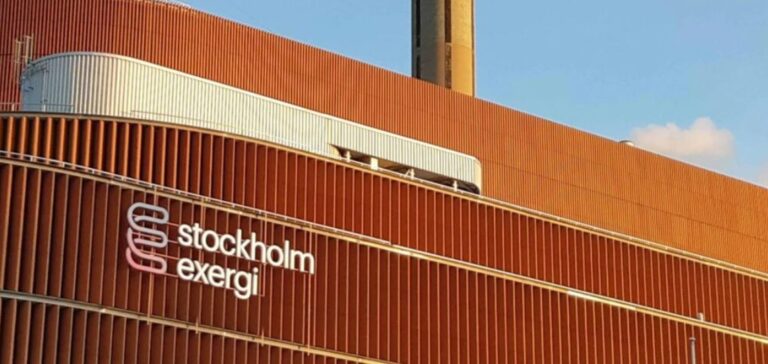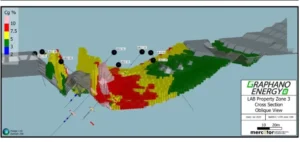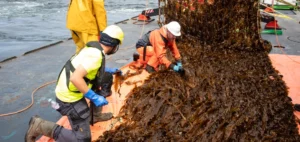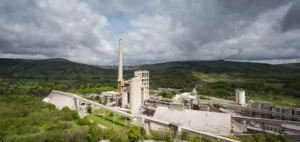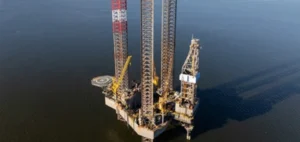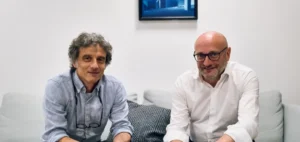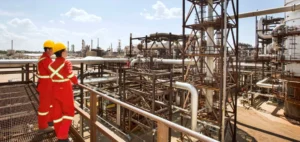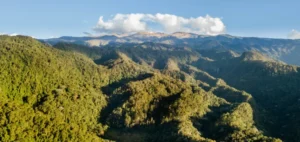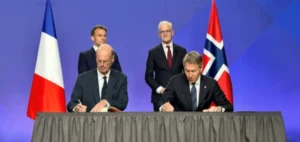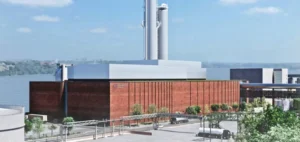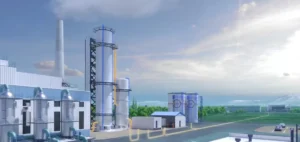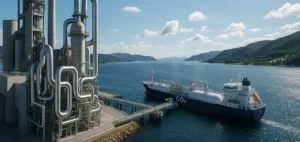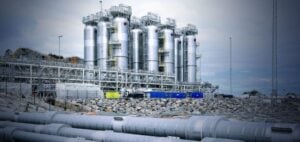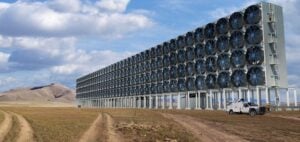Air Liquide’s Cryocap™ LQ CO2 liquefaction technology has been selected by Stockholm Exergi for its bioenergy with carbon dioxide capture and storage (BECCS) project. This project, located in Stockholm, Sweden, aims to significantly reduce CO2 emissions by capturing and storing the biogenic carbon dioxide produced by a bio-cogeneration plant. Bioenergy is also developing rapidly in Scandinavia, as demonstrated by the biomass project led by Cortus and Nordbex.
BECCS Project Technology and Objectives
Under this agreement, Air Liquide will supply the equipment required for CO2 liquefaction. The Cryocap™ LQ liquefaction unit will have a capacity of 3,500 tonnes per day, making it one of the largest facilities of its type in the world. The liquefied CO2 will then be transported for permanent storage, contributing to the project’s objective of sequestering around eight million tonnes of CO2 over the first ten years of operation. This project is supported by the European Innovation Fund, one of the most important programs for promoting low-carbon technologies.
Advantages of Cryocap™ LQ technology
Cryocap™ LQ technology features a process without the use of flammable chemicals and a compact architecture. It also recovers the heat generated during the liquefaction process to supply Stockholm’s district heating network. This approach increases energy efficiency and improves sustainability compared with traditional CO2 liquefaction methods.
Strategic Perspectives
Philippe Merino, Vice-President of Air Liquide’s Engineering & Construction activities, emphasized that Cryocap™ LQ technology is particularly suited to large-scale carbon capture and storage projects. This project is part of Air Liquide’s ADVANCE strategic plan, which aims to support the transition to a low-carbon economy and help customers achieve their decarbonization objectives.

